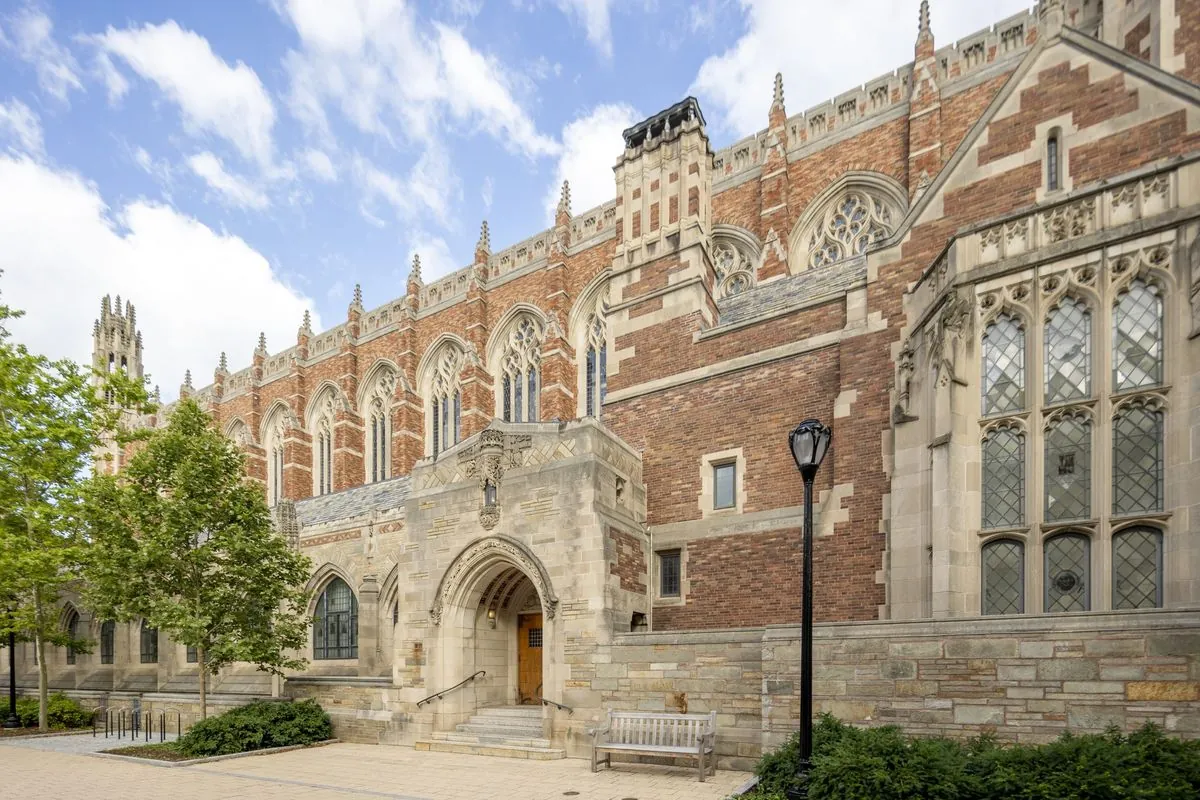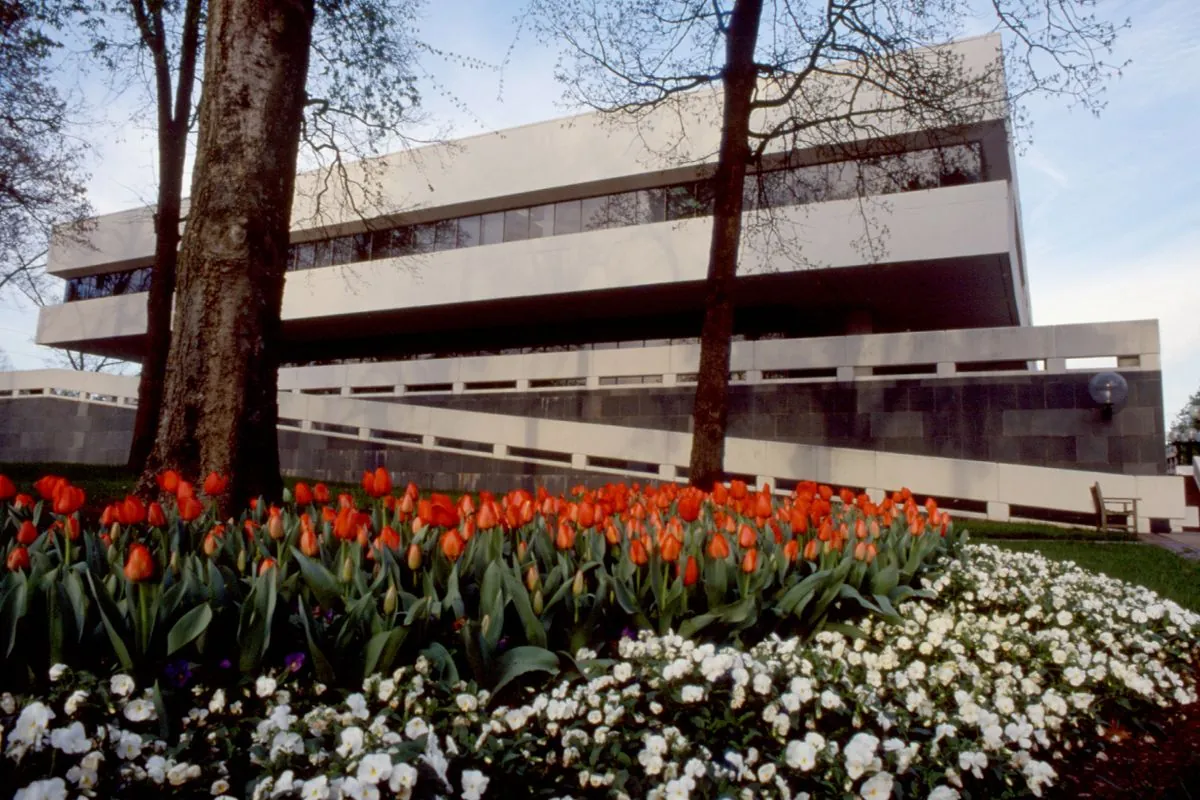Yale Law Maintains Top Spot in Scholarly Impact Ranking
Yale Law School leads in faculty citations for over a decade. University of Chicago and Harvard follow in the triennial ranking, with some schools making significant gains in scholarly impact.

Yale Law School continues to dominate the scholarly impact ranking, maintaining its top position for more than a decade. The triennial ranking, released on August 21, 2024, evaluates law schools based on faculty citations in legal journals over the past five years.
The ranking, compiled by Gregory Sisk, a law professor at the University of St. Thomas, is widely regarded as the most credible measure of faculty scholarly impact in legal education. It assesses the frequency with which a school's faculty's work is cited in other professors' law journal articles, reflecting the influence of their research on legal scholarship and thought.
Following Yale Law School, the University of Chicago Law School secured the second position, while Harvard Law School ranked third. New York University School of Law and Columbia Law School rounded out the top five.

Notable changes in this year's ranking include the University of Pennsylvania Carey Law School moving up one spot to seventh place. Significant gains were observed for some institutions, with the University of Florida Levin College of Law climbing from 52nd to 30th place. Emory University School of Law made a remarkable leap, ascending 18 positions to rank 18th.
Sisk attributed Emory's rise to its recent recruitment of lateral faculty with stronger citation records, effectively boosting its overall citation count. Similarly, Texas A&M University School of Law made its debut on the list, a result of successful faculty recruitment efforts.
The ranking's methodology involves compiling data on law journal citations from the previous five years and ranking the top third of schools based on the mean and median number of citations of their tenured faculty. This approach provides insights into the impact and relevance of legal scholarship produced by each institution.
"This ranking reflects how much each faculty's work is read and incorporated into legal scholarship and thinking."
It's worth noting that Yale Law School, founded in 1824, has consistently maintained its top position in this ranking for over a decade. This achievement underscores the school's long-standing commitment to producing influential legal scholarship.
The importance of such rankings in legal education has been a subject of debate for decades. While they offer valuable insights into faculty impact, they represent just one aspect of a law school's overall quality and effectiveness in educating future legal professionals.
As legal scholarship continues to evolve with digital publishing and online databases, the methods for measuring scholarly impact may also adapt. However, for now, the Sisk ranking remains a crucial benchmark for assessing the influence of law school faculties in shaping legal thought and discourse.


































